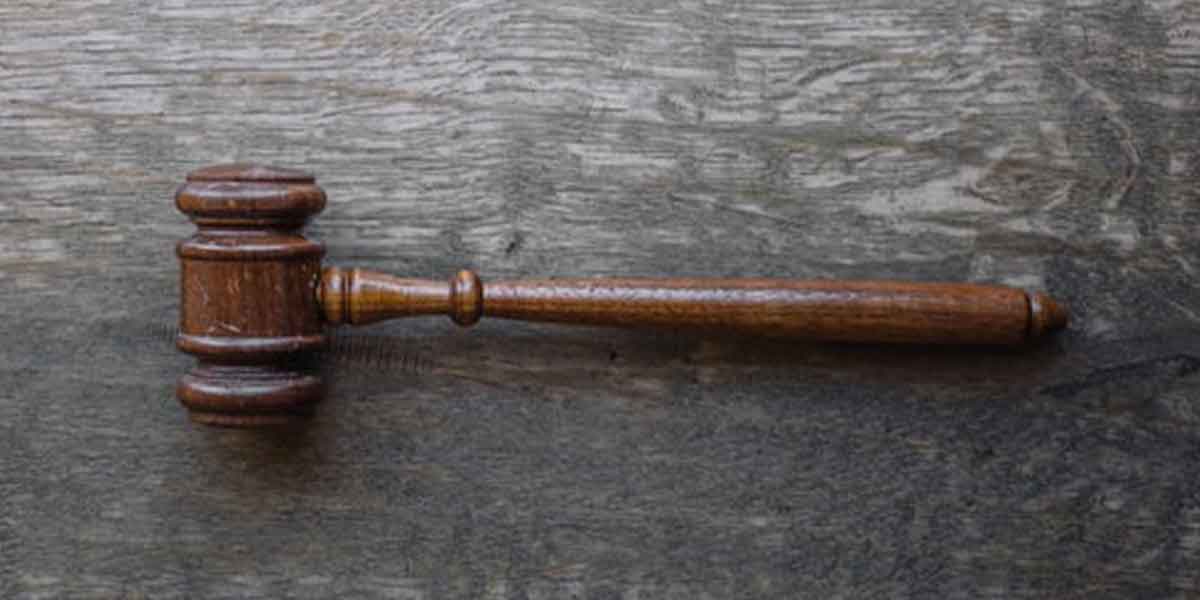Probate is a legal process that takes place after an individual passes away, during which their last Will (if one was created) is authenticated. Probate ensures that the deceased’s final wishes regarding their assets, properties, and other possessions are legally recognized. Upon the person’s death, the court appoints either a beneficiary named in the Will or an administrator to oversee the probate process.
There are several key reasons why probate is necessary:
1. To facilitate the transfer of the deceased’s assets and properties to the rightful beneficiaries. If there are no significant assets to transfer, probate may not be required.
2. Probate is essential when the estate’s assets are solely in the deceased’s name, with no other names attached. In such cases, the property must go through the probate process to be legally transferred to the heirs.
3. It provides a legal framework for the physical distribution of the remaining estate to the heirs and beneficiaries.
Factors That Can Delay the Probate Process
1. Estates with multiple beneficiaries (more than three or four) often take longer to resolve, as each heir must be notified at every stage of the process.
2. When beneficiaries live far apart, the probate process can be further delayed.
3. Estates with assets located in different states can complicate and prolong the probate procedure.
4. The presence of multiple Wills can also extend the duration of the probate process.
5. Choosing an unsuitable executor can cause significant delays in the probate process.
Steps in the Probate Process
1. The process begins with filing a petition and notifying heirs and beneficiaries. This involves two main steps:
a. Submitting the Will to the probate court and hiring an attorney.
b. If no Will exists, appointing a lawyer to handle the probate case.
The attorney will schedule a hearing date and notify the beneficiaries. If any beneficiary or heir objects to the petition, they can do so in court. A notice of the hearing is typically published in a major newspaper.
2. The appointed attorney must notify creditors and beneficiaries and create an inventory of the estate. Creditors have a specific timeframe to make claims, which are then verified by state law.
3. Funeral expenses, taxes, and debts are paid from the estate. The personal representative oversees this process and ensures all claims are handled legally. The attorney may then sell the property or make decisions regarding the estate.
4. The court transfers the property title according to the Will or, if no Will exists, under intestacy laws. After the waiting period, the attorney petitions the court to distribute the assets to the beneficiaries as directed by the Will or state law.
Responsibilities of an Executor
Key Duties of an Executor During Probate:
1. Safeguarding the decedent’s property and assets until they are properly distributed.
2. Managing the distribution of assets and property.
3. Handling the inheritance of property, including real estate.
4. Presenting the Will to the probate court accurately.
5. Paying taxes and covering ongoing expenses related to the probate process.
Conclusion
Probate is a crucial process for managing the estate of a deceased individual. Filing a petition is essential, and keeping an updated draft that reflects life changes can simplify the probate process. Accurate records of debts, personal holdings, and other assets are vital for a smooth probate procedure.




